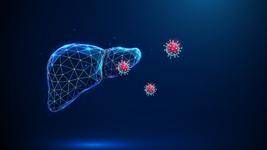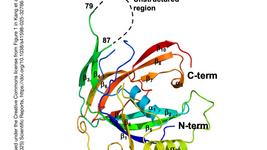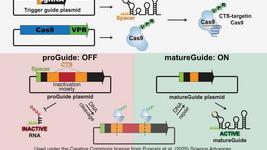Cancer Cells Deliver CRISPR to Fight Cancer
The technique involves using lung tumour cells treated with rapid liquid nitrogen shock, effectively inactivating their pathogenicity while preserving their structure and surface receptors. These cryo-shocked cells serve as carriers for CRISPR-Cas9, which is aimed at editing the CDK4 gene - a key player in the proliferation of KRAS-mutant NSCLC cells.
The delivery system capitalises on the cells' natural homing abilities to the lung, where they get captured in pulmonary capillaries and interact with endothelial cells, thereby enhancing the concentration of the therapeutic agent directly at the tumour site.
In NSCLC-bearing mice, in vivo injection of CRISPR-Cas9 plasmids packed in cryo-shocked lung cancer cells led to an almost fourfold higher concentration in the lungs compared to delivery by lipofectamine. The new CRISPR delivery system showed a significant reduction in tumour size and prolonged survival, marking an important step forward in the use of gene editing for cancer treatment.
Feng Liu from Zhejiang University, China is first author of the study that was published last week in Science Advances.
To get more of the CRISPR Medicine News delivered to your inbox, sign up to the free weekly CMN Newsletter here.
Tags
CLINICAL TRIALS
Sponsors:
Base Therapeutics (Shanghai) Co., Ltd.
Sponsors:
Base Therapeutics (Shanghai) Co., Ltd.







